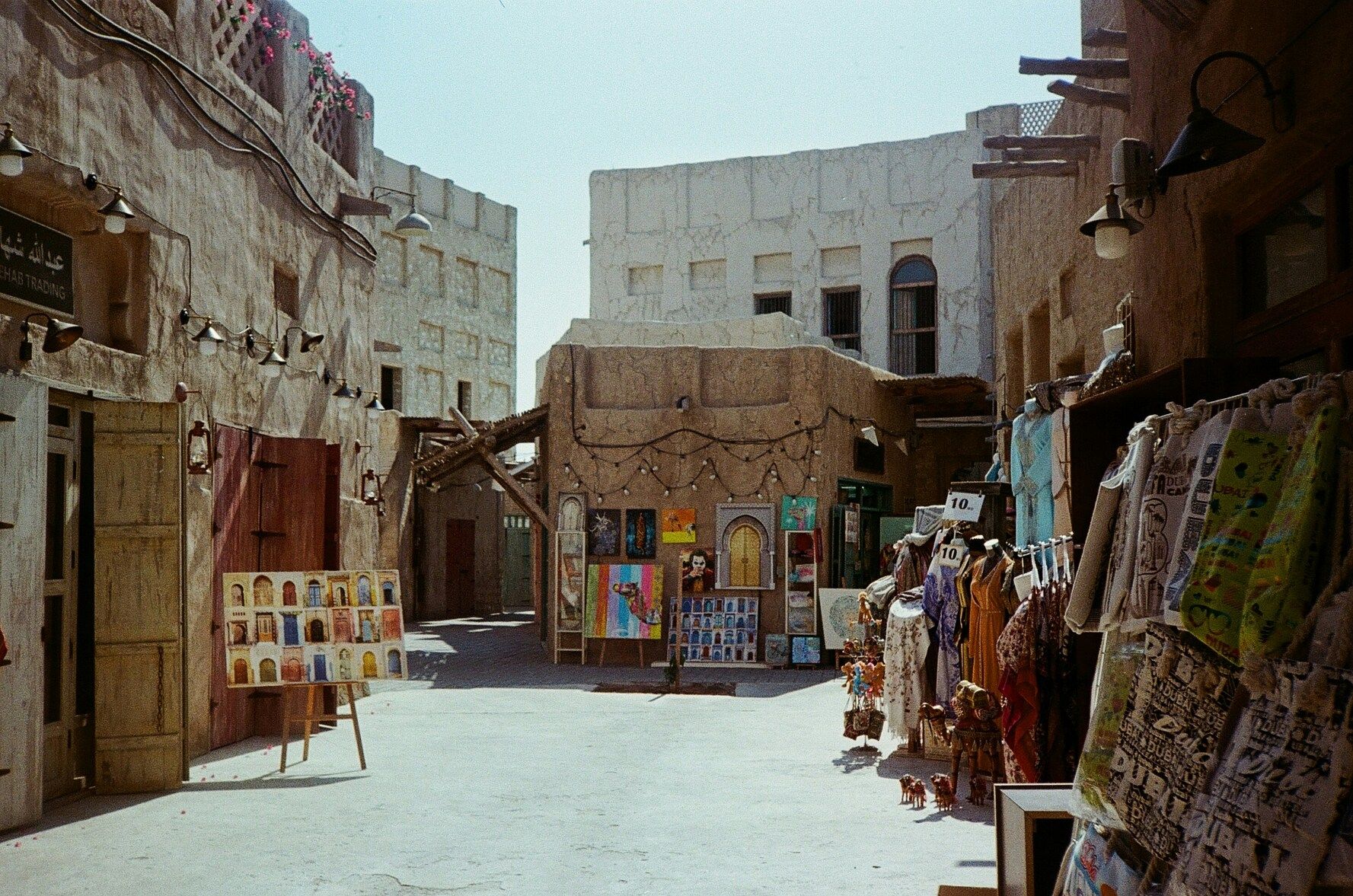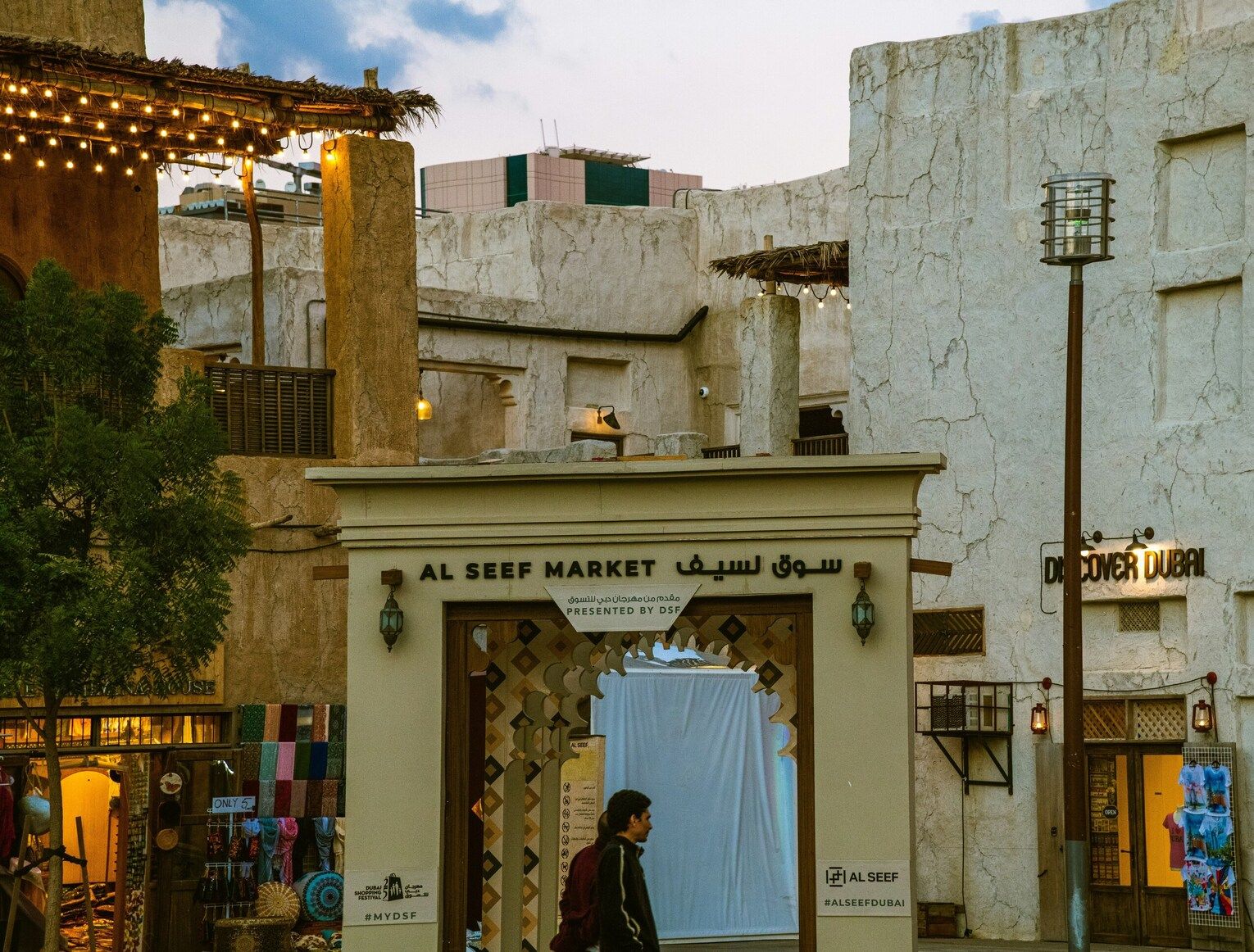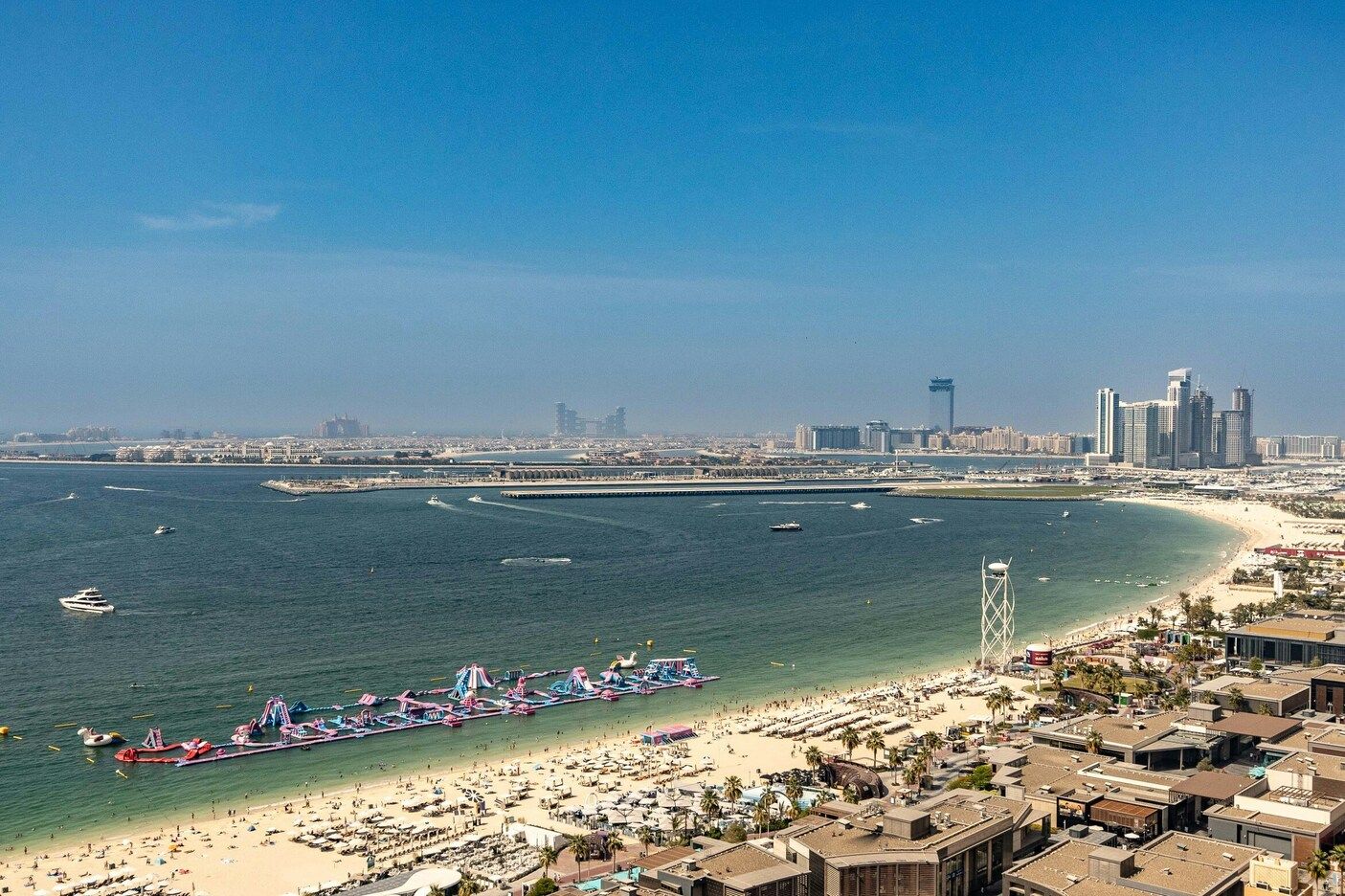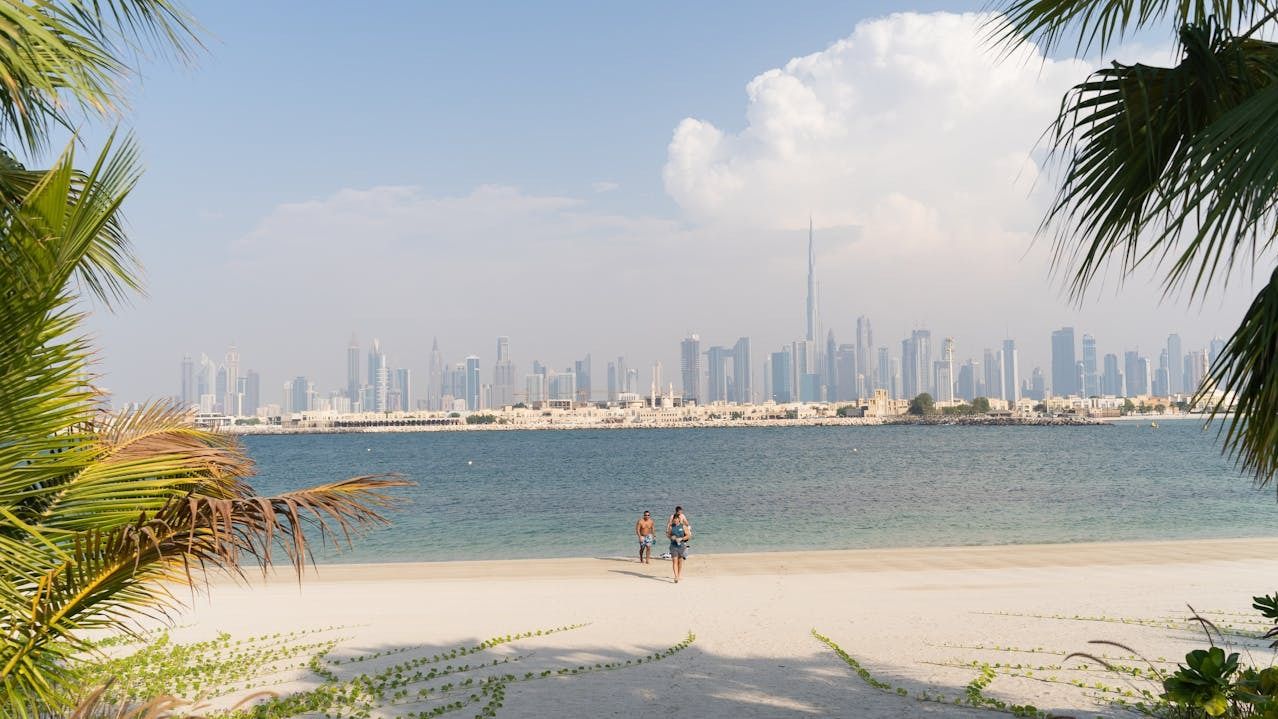
25/07/2025
LOT will not resume its seasonal route to Innsbruck
Copy link

In this article, you'll learn whether you can negotiate prices in Dubai, where to do it, how to behave, and what to avoid. You'll also learn the rules of price negotiation in Dubai, useful phrases, and tips to help you avoid overpaying and make your shopping a pleasant experience.
Dubai is synonymous with luxury, modernity, and grandeur. But behind the gleaming facades and upscale boutiques lies another side of the city – one filled with colorful markets, local vendors, and the age-old art of bargaining. Haggling in Dubai isn’t just an option – it’s often a common practice. For many UAE residents, it’s part of daily life; for tourists, it’s a great way to dive into local culture and save up to several dozen percent on purchases.
In this article, you’ll learn whether you can negotiate prices in Dubai, where to do it, how to behave, and what to avoid. You’ll also discover the golden rules of bargaining, useful phrases, and tips to help you avoid overpaying while making your shopping experience enjoyable.

In many Arab cultures, the art of bargaining is much more than a way to get a better price. It’s a form of social interaction, a kind of ritual, and a cultural identity marker. The communication style in Arab countries emphasizes politeness, patience, and respect – meaning effective bargaining requires more than language skills or negotiation tactics.
In cosmopolitan Dubai – visited by millions of tourists – bargaining takes both traditional and modern forms. In traditional bazaars, like the souks, haggling is an essential part of shopping. In shopping malls, it’s usually not allowed – though there are exceptions worth knowing about.
If you're looking for an authentic experience and a real chance to lower the price, be sure to visit:
One of Dubai’s most iconic markets, the Gold Souk features dozens of small jewelry shops offering gold, silver, and precious stones. Many stores display the current gold rates on screens. But final prices depend on craftsmanship, design, and daily metal rates. It’s worth verifying authenticity and asking for a certificate.
Gold jewelry comes in both traditional and modern styles. Showing knowledge of local customs strengthens your negotiation position. Make eye contact, be polite, and demonstrate product awareness – all of which can influence the final price.
Filled with colorful spices, incense, teas, and aromatic blends, the Spice Souk offers a unique atmosphere. Initial prices can often be twice the final price. Vendors speak passionately about their goods, but it’s important to buy wisely – check quality and freshness. High-end items like saffron or cardamom can be pricey, but good negotiation skills can secure great deals.
These spots are perfect for fabrics, scarves, and clothing. Not only can you negotiate here, but you’ll also get a feel for old Dubai. While shopping for gold is one thing, bargaining over textiles or souvenirs is equally satisfying. Patience and strong negotiation skills are especially useful if you're making bulk purchases.
Bargaining in Dubai requires both tact and skill. Here are some key principles:
Never buy at the first price.
Always ask: “Can you offer me a better deal?”
Use silence strategically – it can prompt better offers.
Buy in bulk when possible – it often brings better discounts.
Compare offers – don’t be afraid to walk away and return later.
In reputable shops, prices are more transparent, but you might still negotiate through extras like free delivery or a discount for cash payments.
To stay safe and shop smart in Dubai, keep the following in mind:
Compare the price of the same item at different shops.
Check the material quality.
Always ask for a certificate of authenticity when buying jewelry.
For food items, check freshness and country of origin.
Ask if the vendor has been selling the product long – this often reflects quality.
Planning to visit Dubai’s markets?
Book a Old Dubai Tour with a English-speaking guide at Two Continents. They’ll not only show you the hidden gems but also help you bargain like a pro!
You won’t be able to bargain in shopping malls – prices are fixed. However, in high-end boutiques, large purchases may open the door for additional discounts. In traditional markets like the Gold Souk or Spice Souk, bargaining is expected and encouraged. That’s where you’ll find the best deals.
Can you bargain in Dubai?
Yes, especially in souks and traditional bazaars, where haggling is a common and culturally accepted practice.
What are the rules for bargaining in Dubai?
Good manners, patience, cultural awareness, and a willingness to walk away are key. Always start with a lower offer than the seller's initial price.
Where’s the best place to negotiate prices in Dubai?
Top spots include the Gold Souk, Spice Souk, Textile Souk, and Karama Market – all great for discounts if you bargain well.
Can you bargain in Dubai’s malls?
Usually not. Prices are fixed, though in some independent stores or with large purchases, it’s worth asking about possible discounts.
Bargaining in Dubai isn’t just a way to save – it’s a cultural experience. With awareness of local customs, your shopping trips can become both rewarding and memorable. Haggling is widely accepted, and those who do it well can gain insights into Arab buying culture and enjoy great savings during their stay in the UAE.
Remember: Good eye contact, patience, and a smile can go a long way in securing the best price. In Dubai, shopping is about more than the product – it’s about the experience you’ll remember long after your trip.
See other news

25/07/2025
LOT will not resume its seasonal route to Innsbruck

25/07/2025
LOT is in talks to launch flights from Poland to Oman

24/07/2025
How and when was Dubai founded? Facts about the UAE's largest city

24/07/2025
What are the people of Dubai called?

24/07/2025
Where is Dubai located? Find out the location of the UAE's largest city

24/07/2025
Alcohol in Dubai - where to buy and what are the prices?

24/07/2025
The Wealth of Dubai: What makes Dubai so rich?

24/07/2025
Accommodation in Dubai by the beach – top hotels with sea views

24/07/2025
Dubai Singles Attractions – A Guide for Solo Travelers

24/07/2025
Where to go on holiday in August? Discover the best holiday destinations in August!